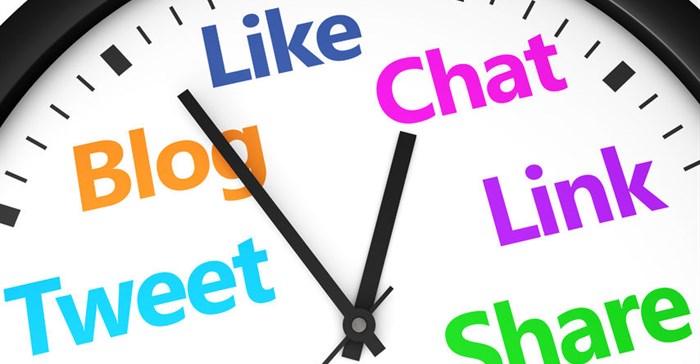Marketers working for business to business (B2B) brands can no longer merely dabble in social media - they need to start focusing on it as one of the most powerful and important tools to which they have access. Social media is no longer merely a personal tool - it is a means to talk to the most powerful decision-makers in B2B environments.

Image by 123RF
To get the most from social media, however, marketers do need to treat it as an integrated part of their sales and marketing strategies. They also need to devote resources to running and monitoring social media accounts, and they need to be prepared to measure outcomes and keep optimising results. Here four reasons why social media is worth it in the B2B context.
Your customers are there
Facebook hit an important milestone in August this year, when one billion people logged in on a single day. Twitter has more than 315 million monthly users and LinkedIn in has more than 360 million members. That is a massive potential market that no brand can afford to ignore. LinkedIn is a powerful place to forge B2B connections and share business content, but the other platforms also have an important complementary role to play.
A shift to self-education among B2B buyers
The people responsible for procurement decisions in large companies are busy and don’t always have time to listen to sales presentations from suppliers. Increasingly, they prefer to educate themselves about their options by browsing the wealth of digital content out there. As a result, they’re call vendors in to pitch later in the sales process than they used to. Thus, social media is an opportunity to get on a decision-maker’s radar earlier in the sales cycle, and gain awareness and consideration before the client issues a formal request for proposals.
Search engine optimisation and web traffic
Using social media can help you to drive traffic to your web site as well as improve your search engine rankings. Google will pick up your social media pages, making it easy for clients to find you and interact with you. Of course, the more active you are on social media, the better chance that your content will be picked up by the search engines. And the higher the quality of your content, the more likely it is that customers will engage with it and visit your website.
It’s a platform for personalised conversation
Compared to many other forms of advertising and direct marketing, social media is a rich and interactive platform. In addition to sharing your thought leadership and messaging via your social channels, you can also listen to what customers want and talk to them about their needs and interests. You will have the data at your fingertips to talk to them in a manner that is timely and relevant. And if you are going to advertiser on a social platform, you will benefit from the ability to target ads to clients in a manner that is personalised to their role and organisation.


























